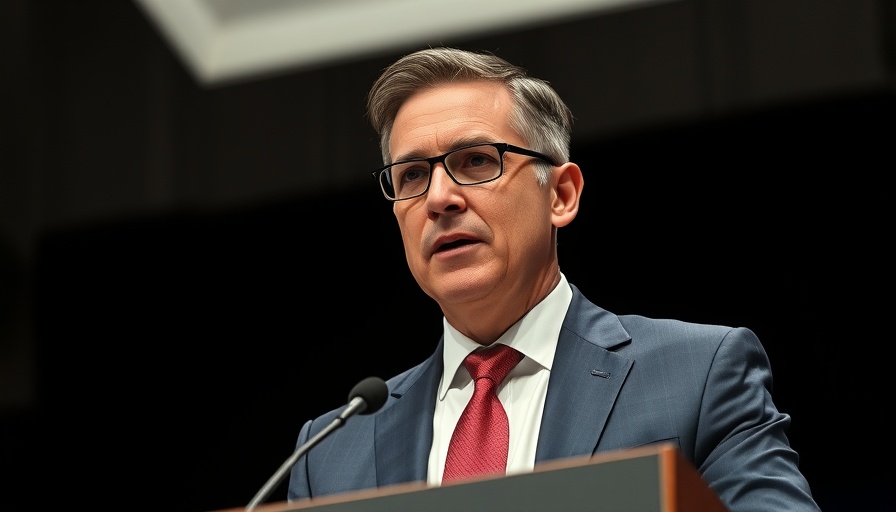
A Controversial Investigation: Ramaphosa Cleared of Wrongdoing
President Cyril Ramaphosa has recently been cleared of any allegations of misconduct regarding the handover of a Reconstruction and Development Programme (RDP) house during an ANC campaign initiative. Public Protector Kholeka Gcaleka announced the findings after conducting an extensive inquiry into claims of maladministration and abuse of power. This ruling, which has significant implications in South African politics, sheds light on the accountability standards expected of public officials during election campaigns.
The Context of the Investigation and Its Importance
The investigation was initiated following a complaint alleging that President Ramaphosa had breached the Executive Ethics Code during the ANC's Letsema Campaign on October 1, 2022. The campaign aimed to bolster the party’s visibility and voter support just before the upcoming national elections. RDP houses are a critical component of the government's initiative to provide housing to low-income citizens, making the handover a public and symbolic act of leadership.
Understanding Public Sentiment and Political Dynamics
While the ruling clears Ramaphosa's name, it also opens up discussions about perceptions of corruption within the ANC—particularly as South Africa gears up for national elections. The historical context of the ANC is marred by accusations of corruption and state capture, leading to widespread skepticism towards politicians. Voter confidence has been shaken, and the party’s integrity is under constant scrutiny, especially from the Democratic Alliance and the Economic Freedom Fighters, who are poised to capitalize on any perceived failures of the ruling party.
Implications for ANC and Future Elections
The findings announced by Gcaleka could influence voter sentiment favorably for Ramaphosa and the ANC if they manage to capitalise on this moment. Still, skepticism persists around the integrity of the political system as a whole. With issues like load shedding, unemployment rates, and the economic recovery needing urgent attention, the ANC's ability to convince the public of its commitment to service delivery remains as crucial as ever.
Broader Context: Corruption Investigations and Public Trust
The investigation's outcome shines a light on the broader framework for checking and balancing power within the South African government. As citizens become increasingly aware of corruption investigations, the actions and decisions of leaders like Ramaphosa are put under a microscope. The potential for further divisions among the populace stems from how the government addresses corruption and accountability, especially amidst high-profile cases and unfolding economic crises.
Future Predictions: Where Does It Go From Here?
Looking forward, how the ANC navigates these challenges will be essential. Their ability to restore public faith in governance and the electoral process will determine their political viability. The power dynamics within South Africa may shift significantly if opposition parties, particularly the DA and EFF, succeed in framing the narrative around perceived government inefficiency and corruption.
The Call for Continued Vigilance and Accountability
As citizens, professionals, and members of the community, advocating for transparency and demanding accountability from our politicians is imperative. Every investigation, like the one concerning Ramaphosa, provides a chance for the public to engage and voice expectations of their leaders. Strengthening democratic processes involves holding leaders accountable to their constituents through active participation in the electoral process.
In conclusion, while the ruling of no wrongdoing may temporarily ease the pressure on Ramaphosa, the political landscape in South Africa remains fraught with challenges. Moving forward, it is essential for all stakeholders to remain vigilant, keeping a close eye on the actions of those in power and actively participate in shaping a government that prioritizes the needs of its citizens.
 Add Row
Add Row  Add
Add 




Write A Comment